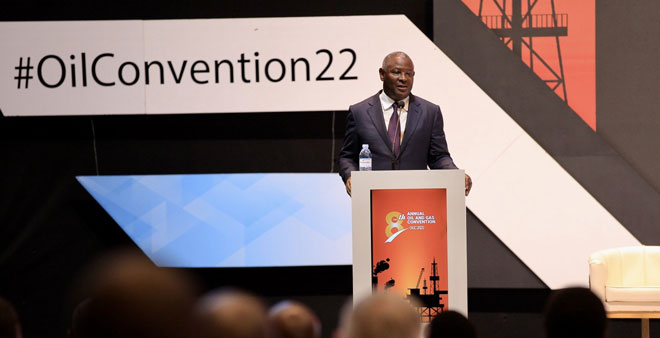
Kampala, Uganda | THE INDEPENDENT | Investors in the Oil and Gas related business are crying foul over the attitude of Uganda commercial banks towards them when they approach them to finance their projects.
The local investors, who are mainly Tier 2 and 3 contractors in the industry, say most banks are not willing to lend them especially if it is a new investor.
The government ring-fenced Tier 2 and 3 contracts. According to the national content laws, Ugandan companies get the first priority before the contract goes to foreign companies.
Oil companies like Total and Cnooc award contracts to Tier 1 companies, for large–capital works like establishing processing facilities, and these companies sub-contract tier 2 companies for smaller contracts like civil works.
These in turn may contract Tier 3 contractors for works like ground clearing, and fencing among others.
The Private Sector Foundation Uganda Chairman, Elly Karuhanga appealed to the banking industry leaders to fulfil their promise to help the local investors meet their needs.
Karuhanga was responding to commitments by commercial banks to finance the sector after Equity Group CEO, James Mwangi told the just ended Oil 8th annual oil and gas convention about the potential of the industry to the region.
In response, Dr Mwangi said that the Equity Group had set aside 6 billion dollars to facilitate the growth of the Small and Medium Enterprises in East Africa, with a component for the oil and gas industry in Uganda.
Mwangi also noted that under their Memorandum of Understanding with the Uganda National Oil Company, UNOC, any company that gets a contract will get funding provided they need the money.
However, the issue of funding does not only stop at initial credit, but also running or adequate cash flows. Some questioned the tax administration system of Uganda where the taxpayer is issued with demand notes as soon as a transaction invoice is raised.
Morris Muhindo, a project logistics consultant said for example, that when a deal is signed and even goods or services delivered, the company may take 30 days or more to pay, yet the URA expects the contractor to be able to pay tax immediately.
He wants the oil and gas companies to have a system like advance payment, which can enable the local contractors to meet their tax obligations as and when they arise.
One such company that is directly affected by delayed payments is GCC, which supplied food to one of the tier 1 companies in the Albertine Graben.
The company’s Business Development Manager, Wesley Musinga says that it is not only about the tax obligations but that their whole operations are affected because the company needs to cater for other operational expenses.
He says the long period it takes to pay them forces them to look for expensive credit, or the operations will be disrupted.
While the oil and gas companies are exempt from taxes, their contractors have to pay taxes on the transactions with the other suppliers and service providers.
But on his part, Dr Karuhanga, also the Founder and Chairman of the Uganda Chamber of Mines and Petroleum and former President Tullow Uganda, urged the local investors to jointly petition the URA and the ministry of finance to revise the way they deal with the oil and gas sector.
Meanwhile, Dr Mwangi says the oil and gas industry as well as the other developments of the mining sector have come at a good time when the region is expanding in membership, population and economy size.
Mwangi says the admission of DR Congo to the EAC, the current rise in the global prices of the rare minerals that are found in the region, as well as the disruptions in Eastern Europe are pausing a great opportunity for growth.
He says there is no reason why these advantages should not propel East Africa into a global economic power in years to come.
*****
URN
 The Independent Uganda: You get the Truth we Pay the Price
The Independent Uganda: You get the Truth we Pay the Price





